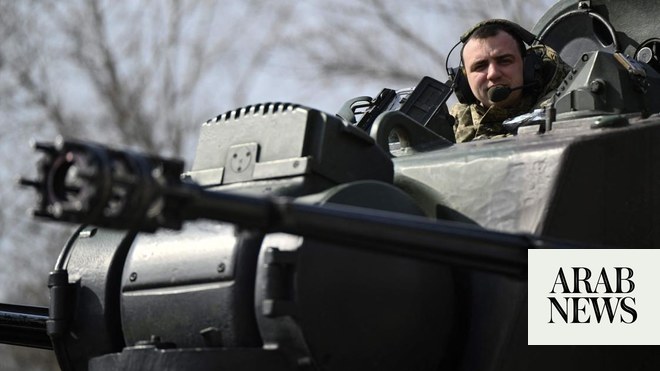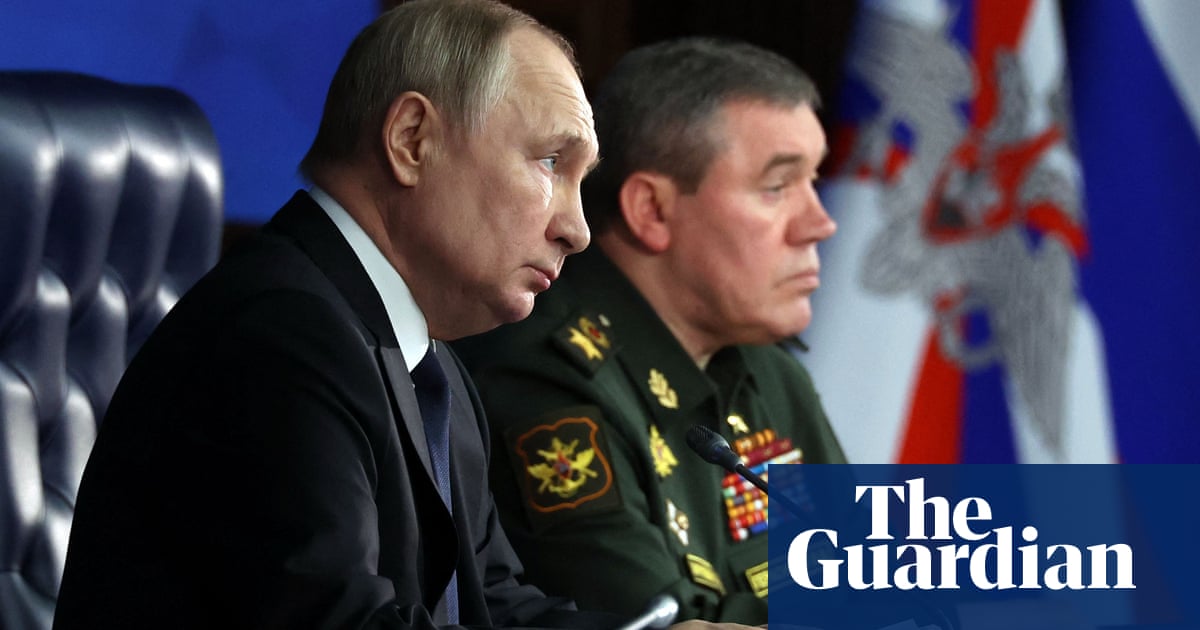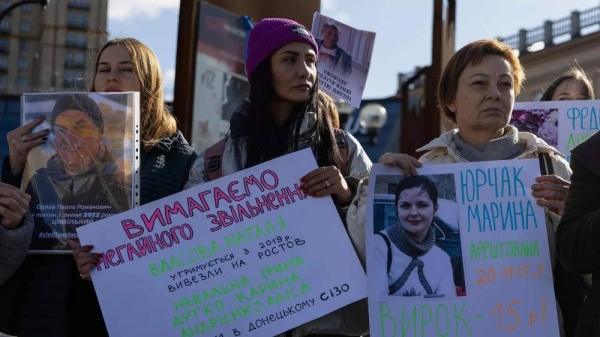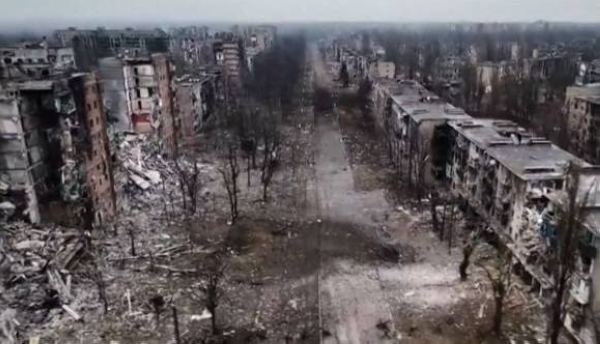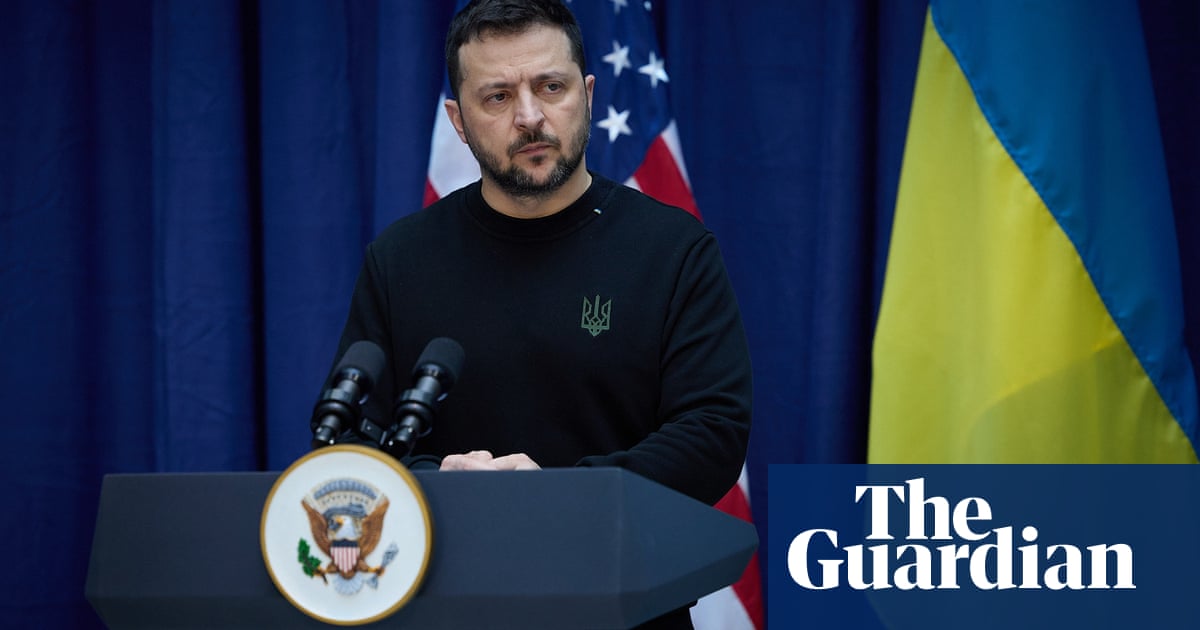
Griner’s detention was not made public until 15 days after her official arrest, on March 5
WASHINGTON: Detained for more than a month in Russia, US basketball star Brittney Griner has become an unlikely victim of the war in Ukraine — and the best way to free her remains a crucial question.
Griner, a two-time Olympic gold medalist and WNBA champion, was detained in Moscow airport on February 17 on charges of carrying vape cartridges that contained cannabis oil in her luggage.
She was immediately placed in a detention center, and on Thursday a Russian court extended her arrest until May 19.
The 31-year-old — one of few women who can “dunk” a ball and considered one of the best players in the world — faces up to 10 years in prison.
Griner was in Russia to play club basketball before the US season resumed, a common practice for American players, who can earn much higher salaries in foreign leagues than on domestic teams.
Griner’s detention was not made public until 15 days after her official arrest, on March 5.
The arrest came as relations between Moscow and the West hit rock bottom over Russia’s invasion of Ukraine.
But her arrest was greeted with a silence that seems deliberate.
Probably anxious not to cause drama around Griner’s case in the midst of skyrocketing international tensions, USA Basketball, which oversees the Olympic teams, said on Twitter that it was “aware of and closely monitoring the legal situation facing Brittney Griner in Russia.”
Griner’s wife Cherelle Griner, who usually floods social media with pictures of her spouse, asked supporters to “please honor our privacy as we continue to work on getting my wife home safely.”
The same strategy can be seen in Washington, where there is fear the player could become a pawn in the Ukraine conflict.
“For any American citizen held, we typically do not get into specifics because that is not constructive to bringing people home,” White House spokeswoman Jen Psaki said of the government’s silence on the issue.
In recent days, however, details on Griner’s detention conditions have begun to emerge.
In a cell she shares with two other people, the basketball star reads Dostoyevsky and a biography of the members of the Rolling Stones, according to Russian state news agency TASS.
Russian media says Griner has not complained about her living conditions, though there is one small problem: the bed in her cell is far too small for her six-foot-nine-inch (2.06 meters) frame.
But more than a month after her arrest, others have opted for another strategy to try and win her release.
In a letter to Joe Biden dated March 10, two members of Congress urged the US president to “look Putin in the eyes and send a clear message to the Kremlin that America will not tolerate Putin using Americans as his pawn during this treacherous and bleak moment in world history.”
This campaign has also won over LGBT circles, concerned about the fate of the openly lesbian player in Russia, where violence against homosexual people is common.
Hillary Clinton, former US secretary of state and the 2016 Democratic presidential nominee, has also spoken out, calling on social media to “Free Brittney.”
The message is a nod to the successful #FreeBritney campaign, launched around the world in a call to “free” popstar Britney Spears from her 13-year conservatorship.





